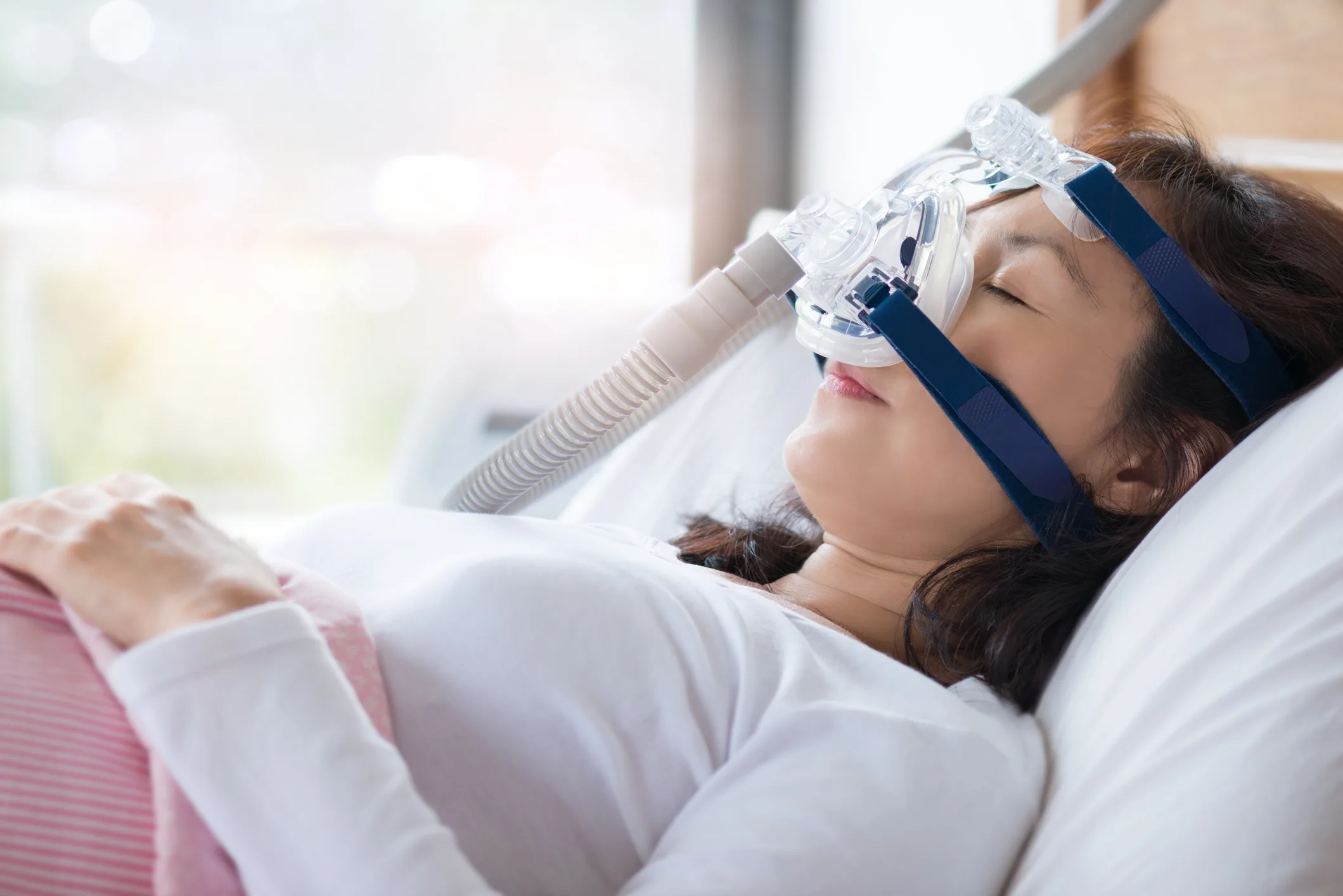For decades, many adults living with Type 2 diabetes have been on a frustrating merry-go-round of medications, chasing that elusive “perfect” A1c number. You know the drill: your doctor adds another pill, then another, and maybe even starts you on insulin shots. Meanwhile, you’re doing everything right—watching your diet, staying active—but your blood sugar just won’t cooperate. Sound familiar? You’re not alone. And according to a groundbreaking new study, it might not be your fault.
In a recent interview from the ADA 85th Annual Sessions in Chicago, Dr. Vivian Fonseca, a professor of medicine at Tulane, shared some fascinating findings from the CATALYST study. He and his team discovered that a significant portion of people with hard-to-control diabetes might have an underlying problem that has been overlooked for years: high cortisol.
That’s right, the same stress hormone that helps you escape a charging elephant (or, more likely, a bad driver on the freeway) could be messing with your diabetes control.
Uncovering the Hidden Culprit
Dr. Fonseca explained that the study focused on people with uncontrolled diabetes, despite being on a cocktail of medications. The team decided to test for hypercortisolism—a condition where cortisol levels are elevated.
“That’s a staggering number,” said Dr. Akshay Jain, the interviewer, after hearing the results. And he wasn’t kidding. The team found that a whopping 24% of the participants had elevated cortisol levels. This wasn’t the “textbook” Cushing’s syndrome that doctors learn about in medical school—these people didn’t have the classic symptoms like severe obesity. Instead, they had a more subtle, yet still significant, elevation that was quietly sabotaging their efforts to manage their blood sugar.
A New Treatment Path
Once the researchers identified this group, they took the next logical step: treating the underlying problem. They used a drug called mifepristone, which blocks the action of cortisol. The results were nothing short of remarkable. The participants’ A1c levels dropped by an average of 1.47% over 24 weeks. To put that in perspective, a drop like that is a huge win for someone who hasn’t been able to budge their numbers with a mountain of other medications.
But the good news didn’t stop there. The participants also saw significant reductions in their weight and waist circumference. It’s almost like a two-for-one deal: better diabetes control and a shrinking waistline. While there were some expected side effects, such as low potassium, these were manageable.
An End to Blame and Frustration
This study offers a new ray of hope and, more importantly, a sense of validation for many adults who have been struggling with their diabetes. As Dr. Fonseca noted, many of these patients were frustrated and felt they were being labeled as “noncompliant.” They were blamed for their high blood sugar, even though they were doing their best. The CATALYST study shows that for many, it’s not a lack of effort but a hidden biological issue that’s been standing in their way.
For clinicians, this means a shift in perspective. Instead of just adding another medication to the list, they can now consider testing for elevated cortisol as a potential root cause. The future of diabetes management might just be “precision medicine”—finding the specific abnormality and treating it directly, rather than just throwing a bunch of different drugs at the problem.
So, if you’re an adult over 50 who has been fighting a losing battle with your blood sugar, this study is great news. It suggests that your struggles might be rooted in something you can’t control, and there may be a new way to get your health back on track.
Source:











